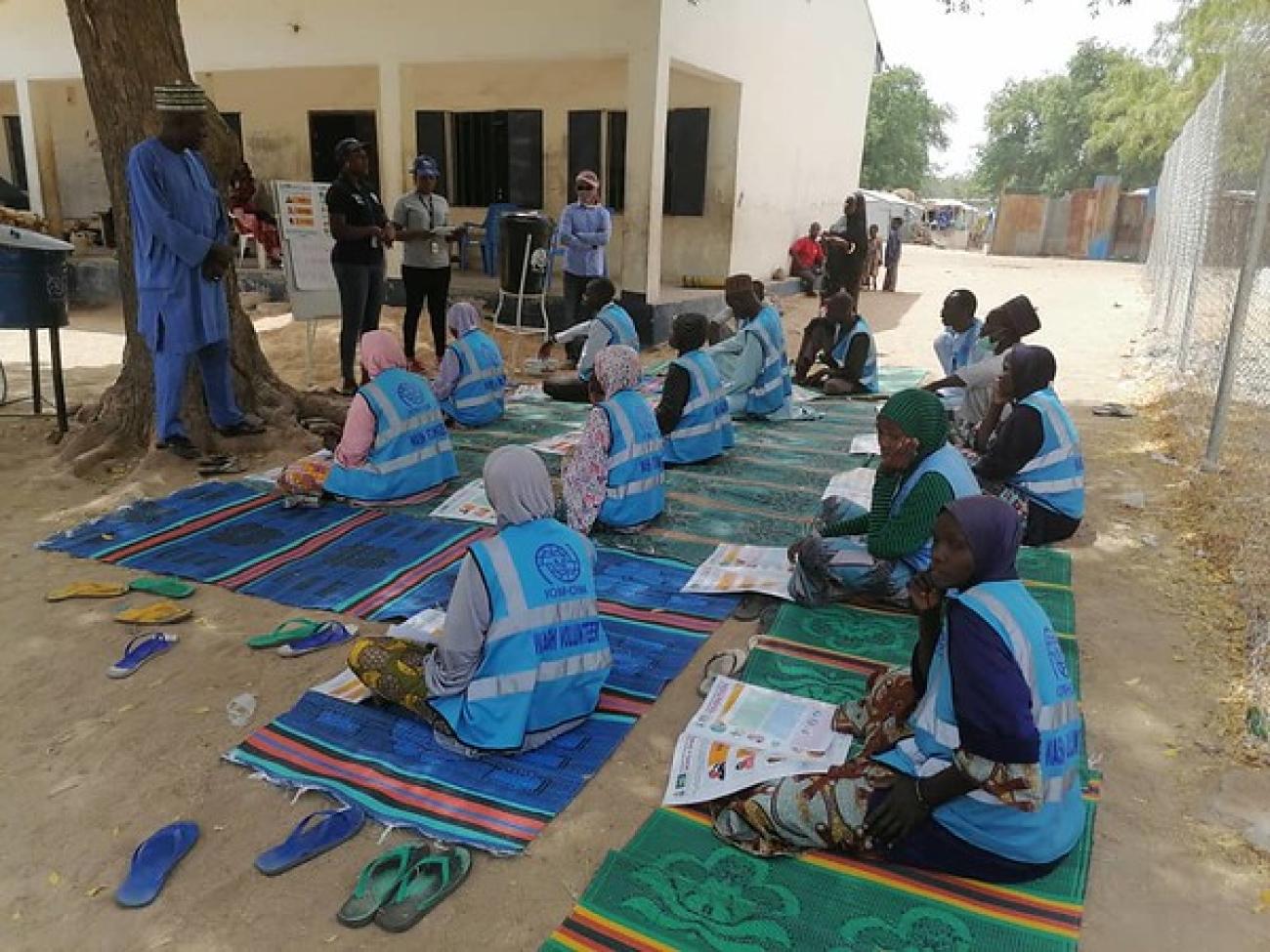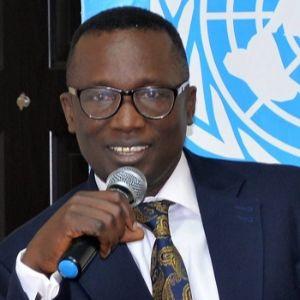The United Nations in Nigeria on Tuesday declared it is taking emergency preparedness and response measures to mitigate the spread of Coronavirus to the most vulnerable crisis-affected people in Borno, Adamawa and Yobe states. These measures also address immediate humanitarian consequences of the Coronavirus pandemic should it spread to north-east Nigeria.
“We will not wait for COVID-19 to reach camps for internally displaced persons before we act. They have already suffered enough from the decade-long conflict and our priority is to ensure the continuous delivery of life-saving assistance, especially health services, to the most vulnerable women, children and the elderly who need special attention,” said Mr Edward Kallon, the United Nations Humanitarian Coordinator in Nigeria. “More than ever, it is crucial for vulnerable people to have access to not only water, soap, shelters, but also food, education and protection.”
Mr. Kallon noted that the UN in Nigeria is supporting the governments of Borno, Adamawa and Yobe states in developing emergency response plans that take the reality of the living conditions in many communities and IDP camps into account and include specific mitigation measures particularly in overcrowded camps and camp-like settings where the risk of disease outbreaks is higher.
The Humanitarian Coordinator highlighted that the United Nations and its humanitarian partners, are actively involved in Camp Coordination and Camp Management (CCCM) in IDP sites across the BAY states in support of the State Emergency Management Agency (SEMA) and National Emergency Management Agency (NEMA). Key activities are being implemented jointly in the IDP camps, guided by global guidance on Covid-19 Outbreak Preparedness and Response.
“Humanitarian partners are installing hand-washing stations in IDP camps and ensuring supply of clean water. Partners are also distributing soap and teaching women how to produce their own,” Mr. Kallon explained. The United Nations is also planning to bring in vital health equipment and tools to prevent and treat the respiratory virus, which is now affecting over 12 states across Nigeria, with 139 total cases recorded as of 31 March.
The UN has developed awareness-raising and prevention messages, leaflets, posters, animations and videos specific for IDPs and other vulnerable people in the north-east. In partnership with major TV and radio channels, it has launched sensitization campaigns across various Nigerian states, reaching millions of Nigerians.
The UN is also launching a survey tool with the Network of People Living with HIV (NEPWHAN) to gather specific and arising challenges for people living with HIV on continuous access to quality treatment, care and support in the midst of the response to the outbreak of COVID-19.




